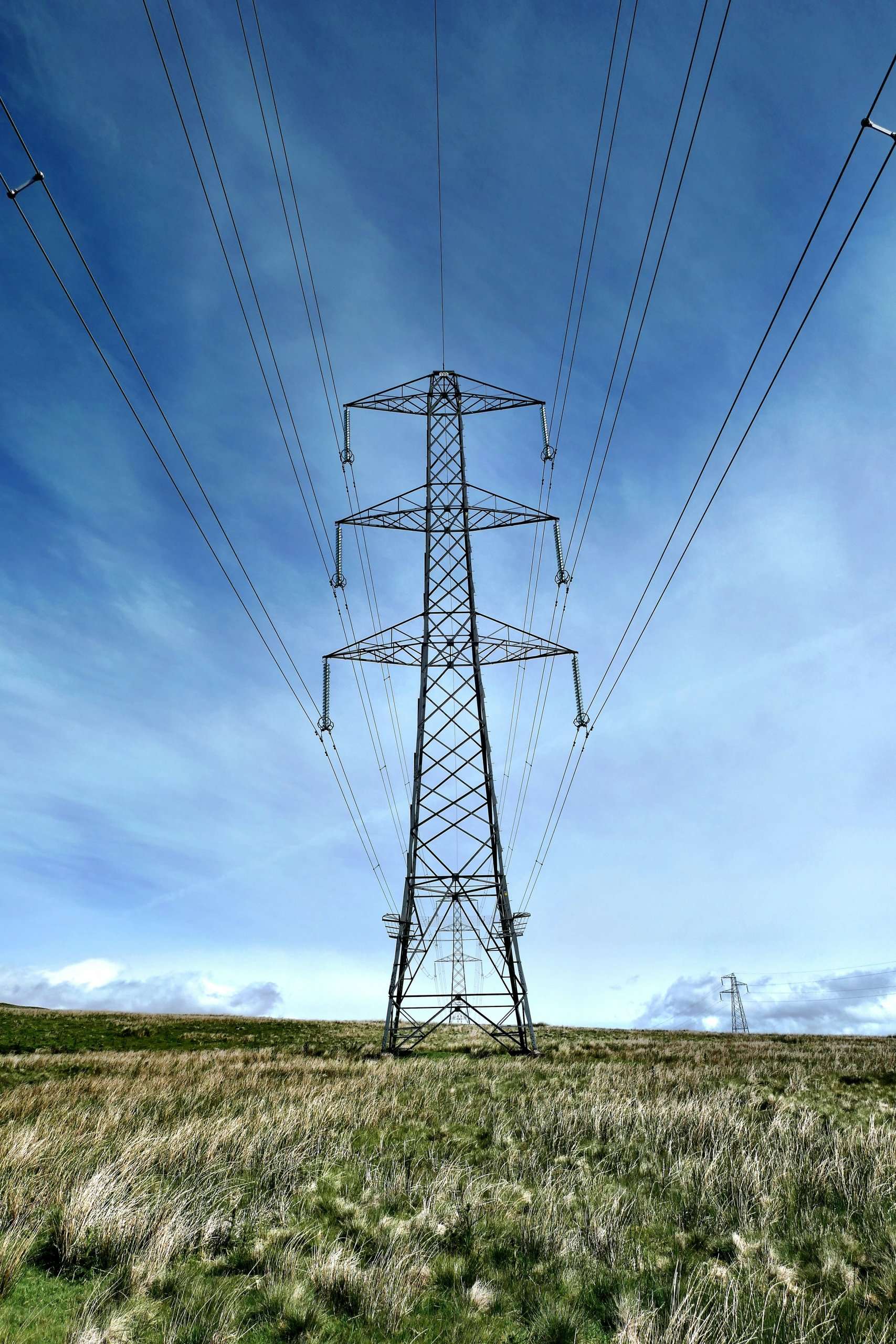Two years on from Russia’s invasion of Ukraine, the UK’s energy security continues to be a critical concern. In 2022, energy prices spiked and public concern grew. While these initial shockwaves have diminished, energy security remains a key challenge for policymakers. Decisions made this year will impact our energy security for the rest of the decade.
This report from Public First combines new modelling of Britain’s energy supply and demand, public polling, expert interviews, and policy analysis to present policymakers with a practical route forward for keeping the UK’s energy system secure.
The UK is heading for a significant energy crunch point in the next parliament.
Recent setbacks in bringing new electricity supply online have left a shortfall in the amount of secure supply available to meet demand in peak times (like a winter evening). Our research finds that over the next five years, the greatest risk to energy security will take place in 2028.
Very few forms of new capacity and supply are likely to have a major impact by 2028.
Bringing new capacity online takes time – we have already seen how supply chain constraints and uncertainty in the policy environment have impacted the construction of new developments, particularly in offshore wind. It is unlikely that new build plants (beyond those already in the pipeline and under construction) will be online to mitigate the crunch by 2028.
Policy options include making use of existing assets and managing demand.
While policymakers should absolutely pursue bringing more new renewable capacity online for the medium-term, extending the life of existing assets such as nuclear, biomass and gas could affect material change in energy security by 2028. The UK will also have to strengthen efforts to limit increases to peak and total demand.
Policymakers should prepare to address any disconnect between policy decisions and public opinion
The public is already concerned that energy insecurity will increase over the next few years and two in five expect shortages to become more frequent. Voters prefer wind and solar as solutions to increase energy security and a return to policies that rely upon fossil fuel production is unlikely to be popular. This could create a disconnect between policy and the public. Policymakers will need to take any disconnect into account when communicating potential policy decisions for existing assets.
The right policy decisions can enable the UK to have a more secure, diverse and sustainable energy system in the future. The UK is facing an energy crunch ahead, and while the initial options are limited, they should come alongside a suite of actions to prevent the UK from ending up in a similar bind in the future. These should include policy decisions on managing demand, accelerating flexibility, and providing viable business models for a broader range of energy technologies.
You can read the full report HERE.
You can find the polling tables HERE. Public First is a member of the BPC and abides by its rules.

